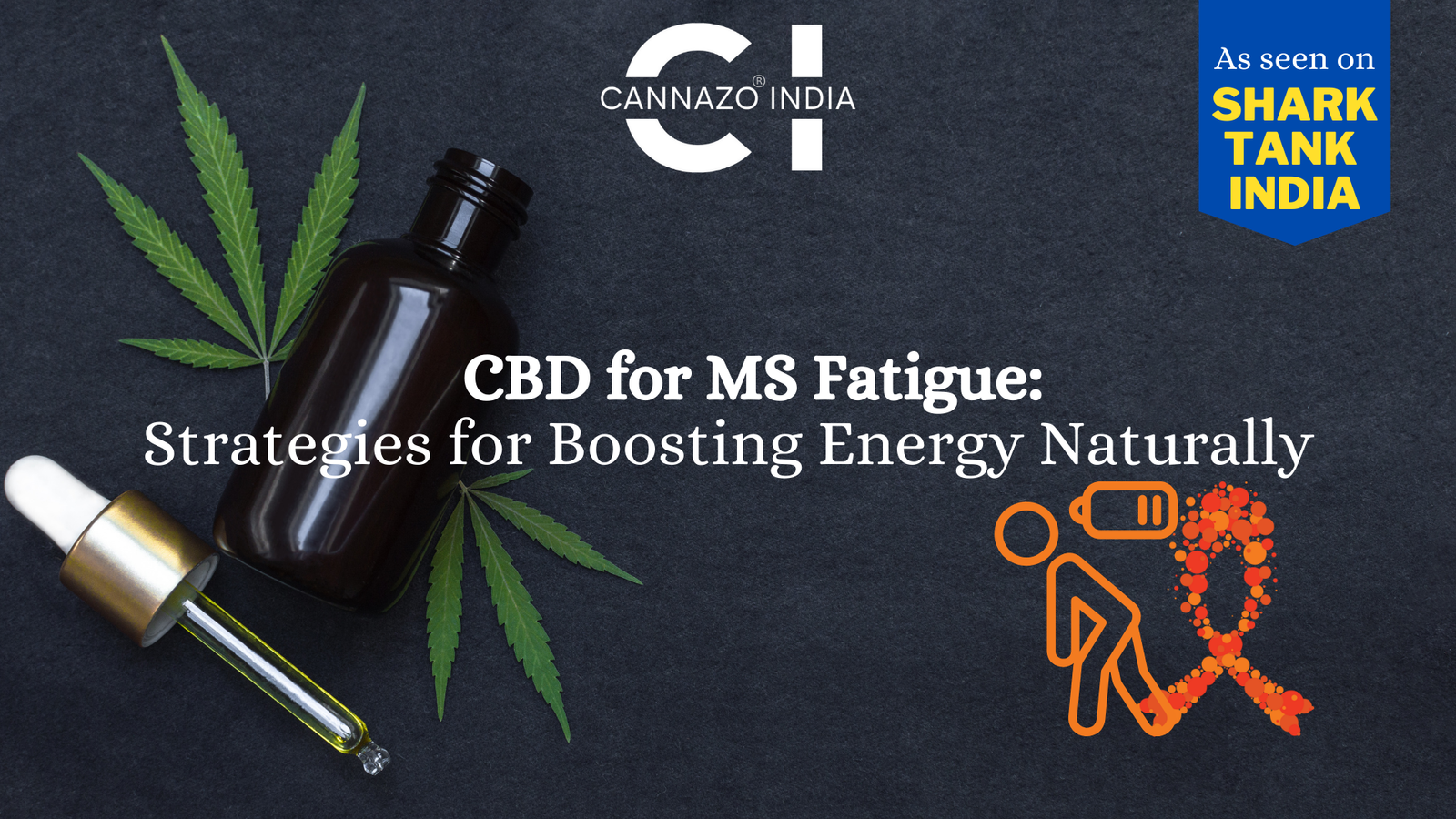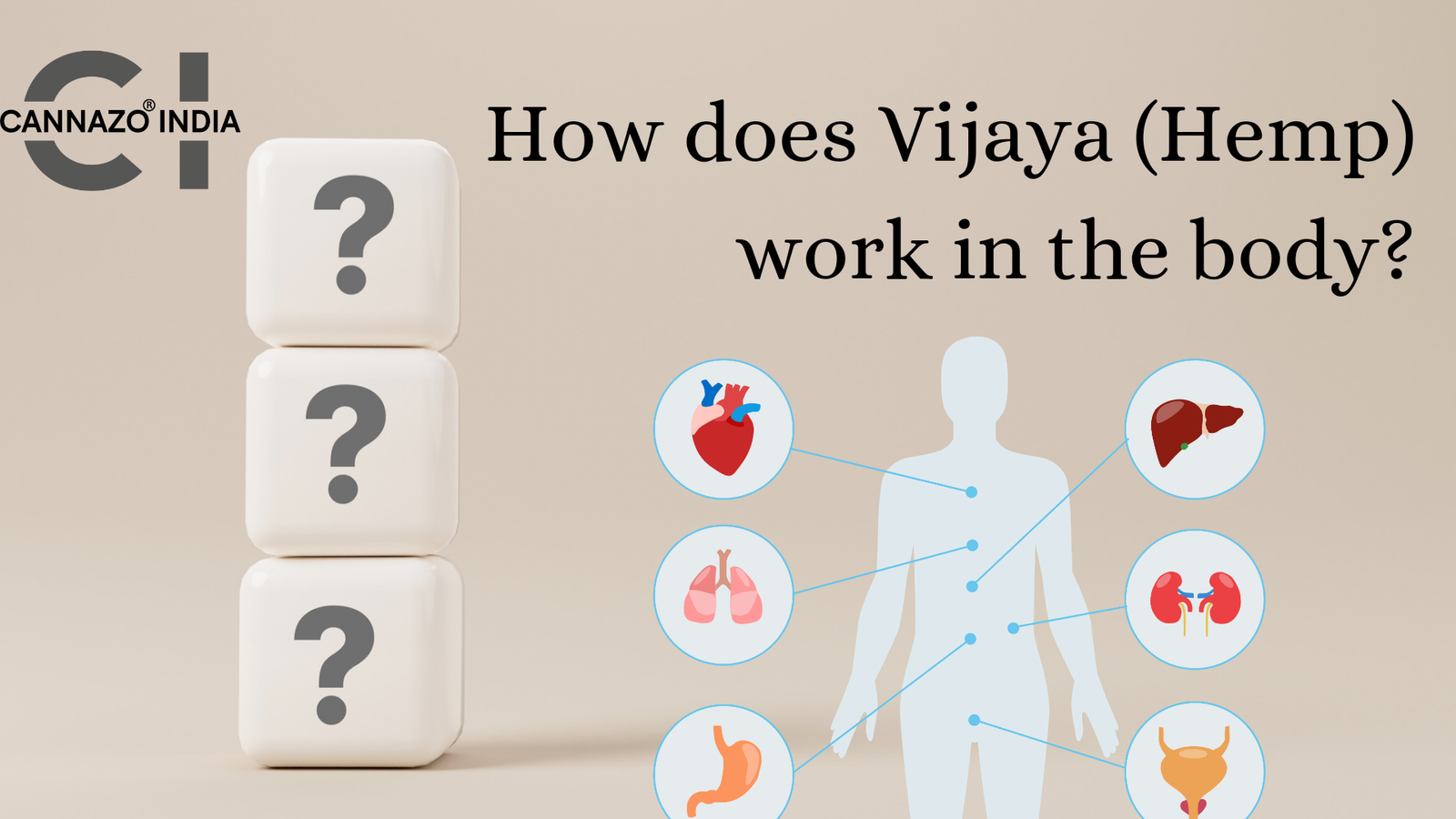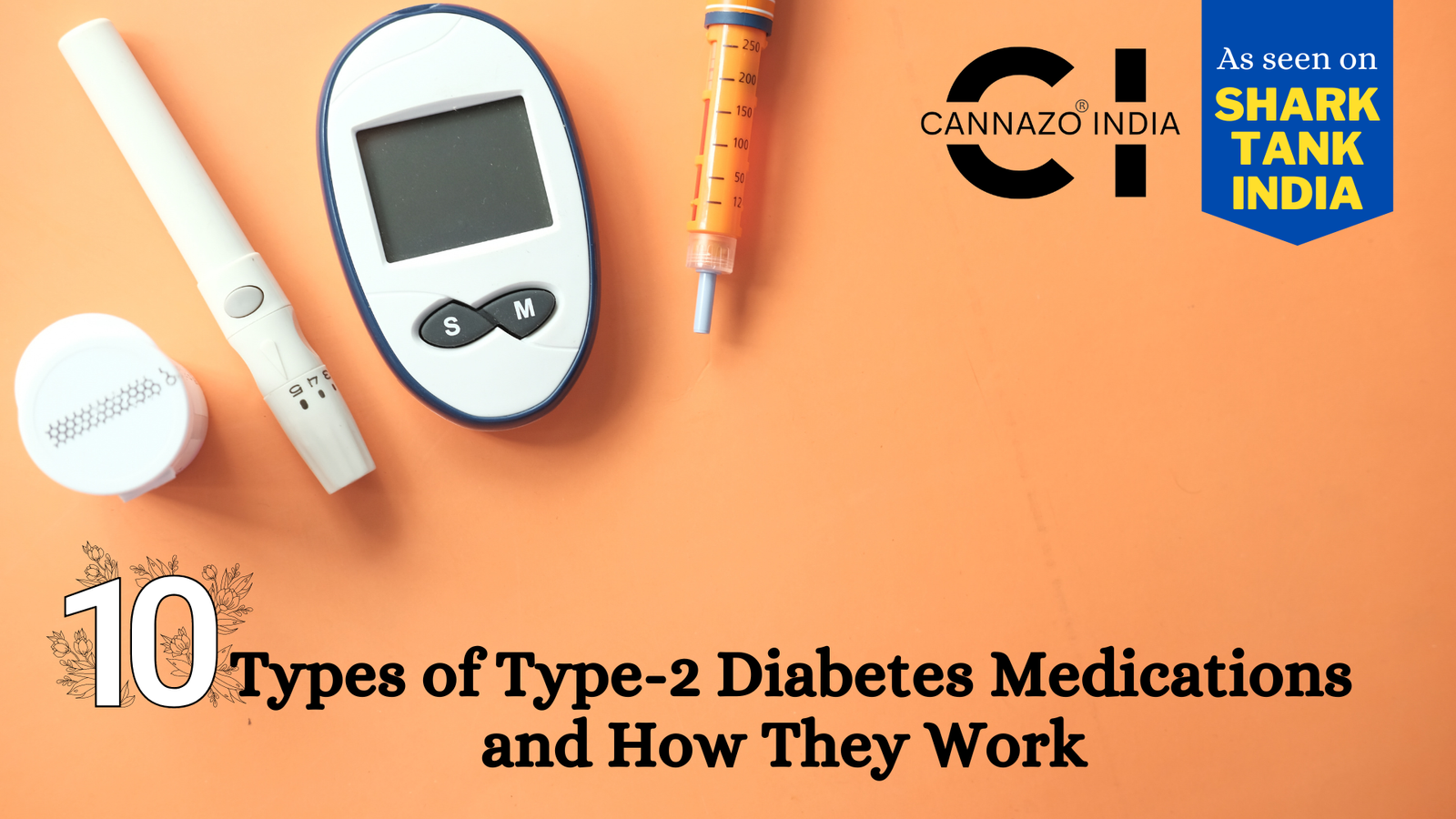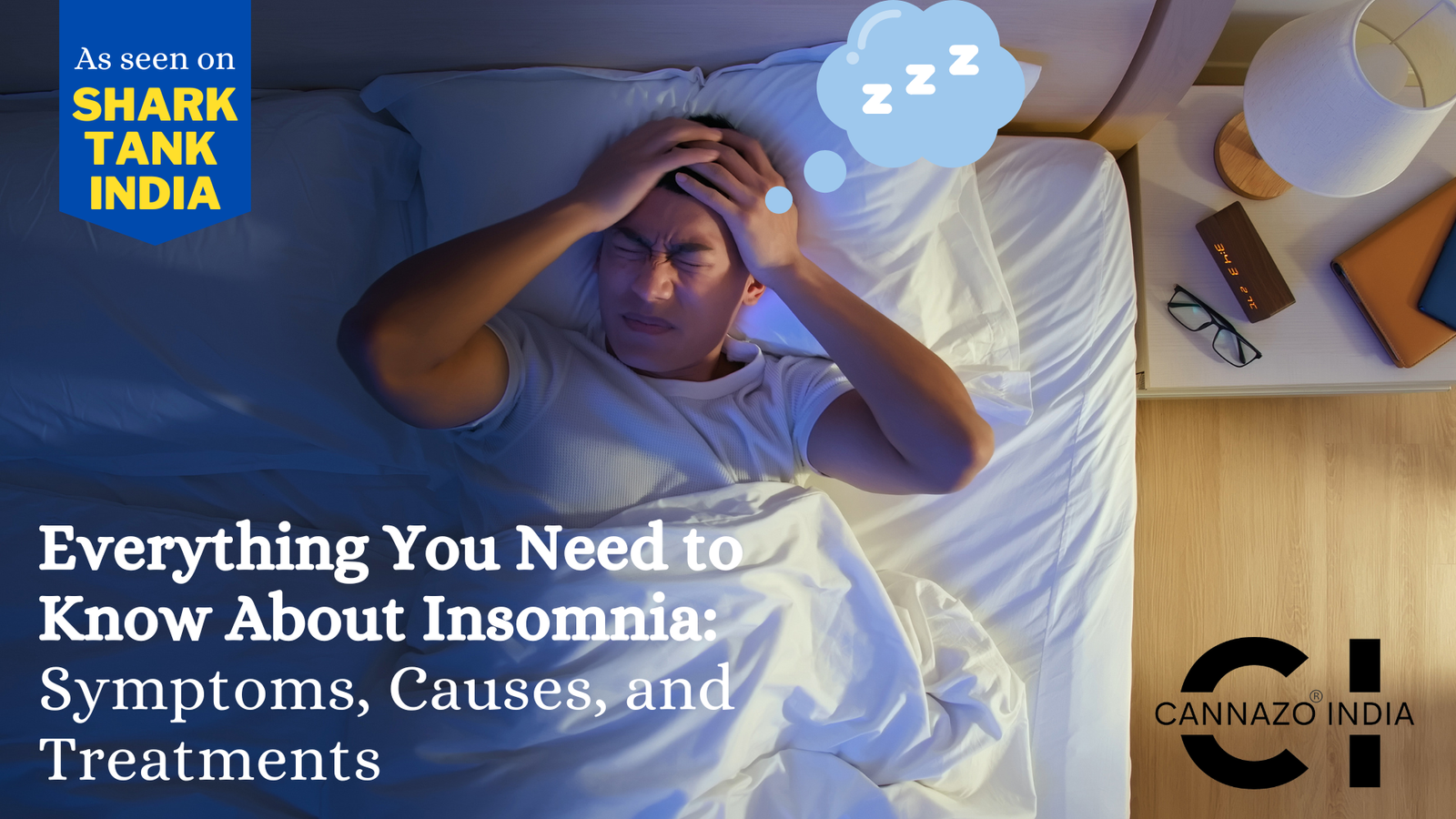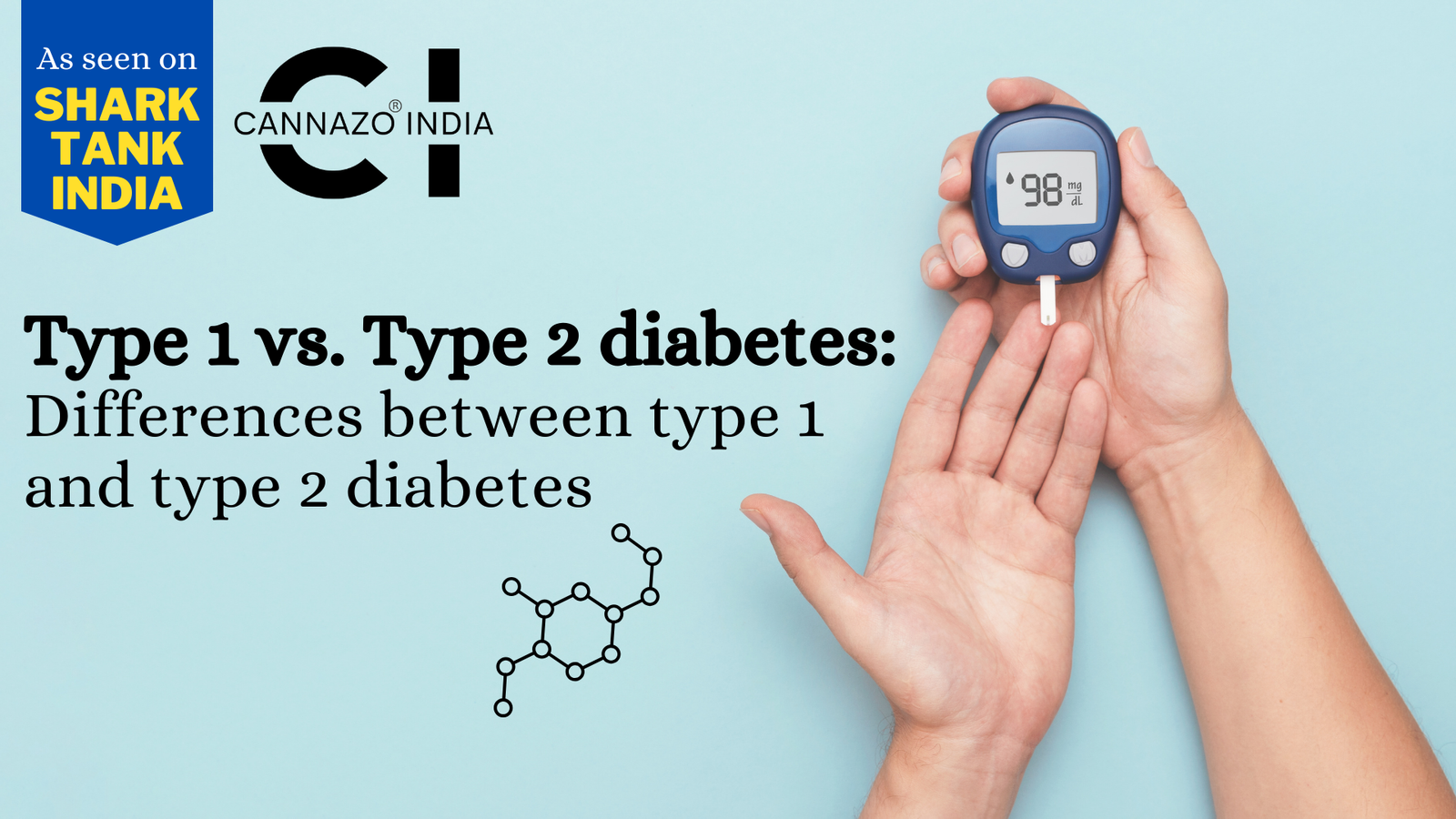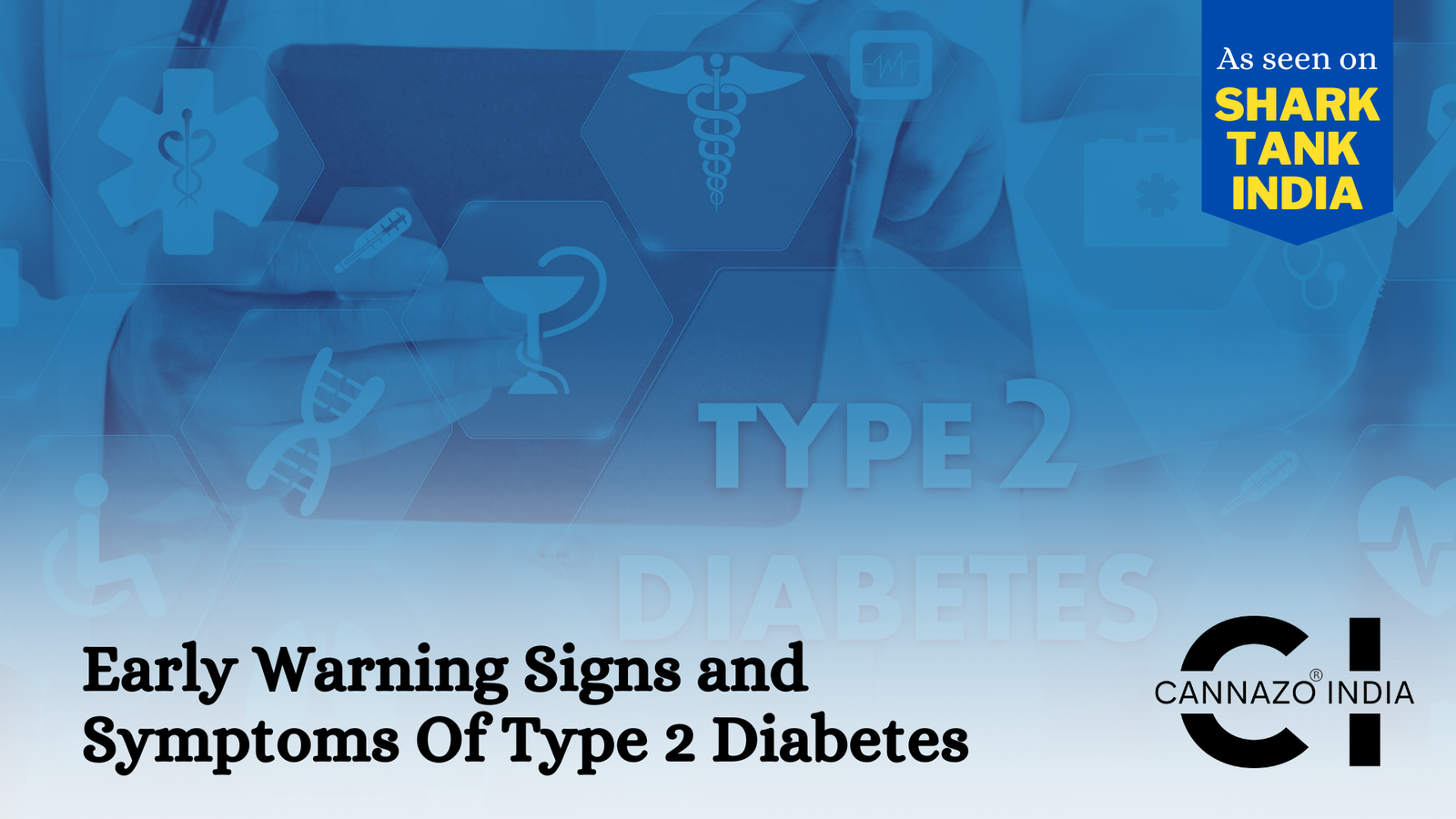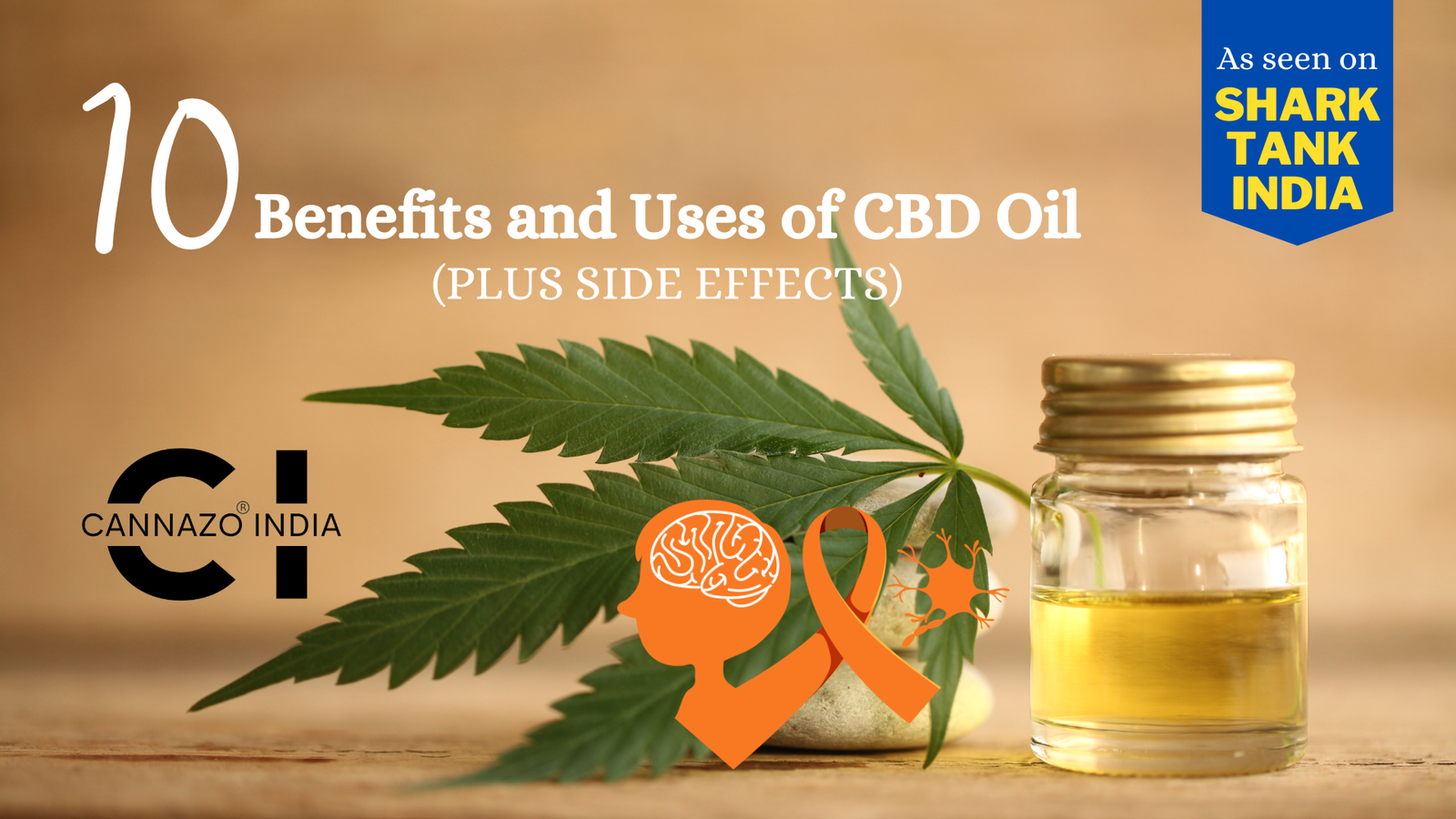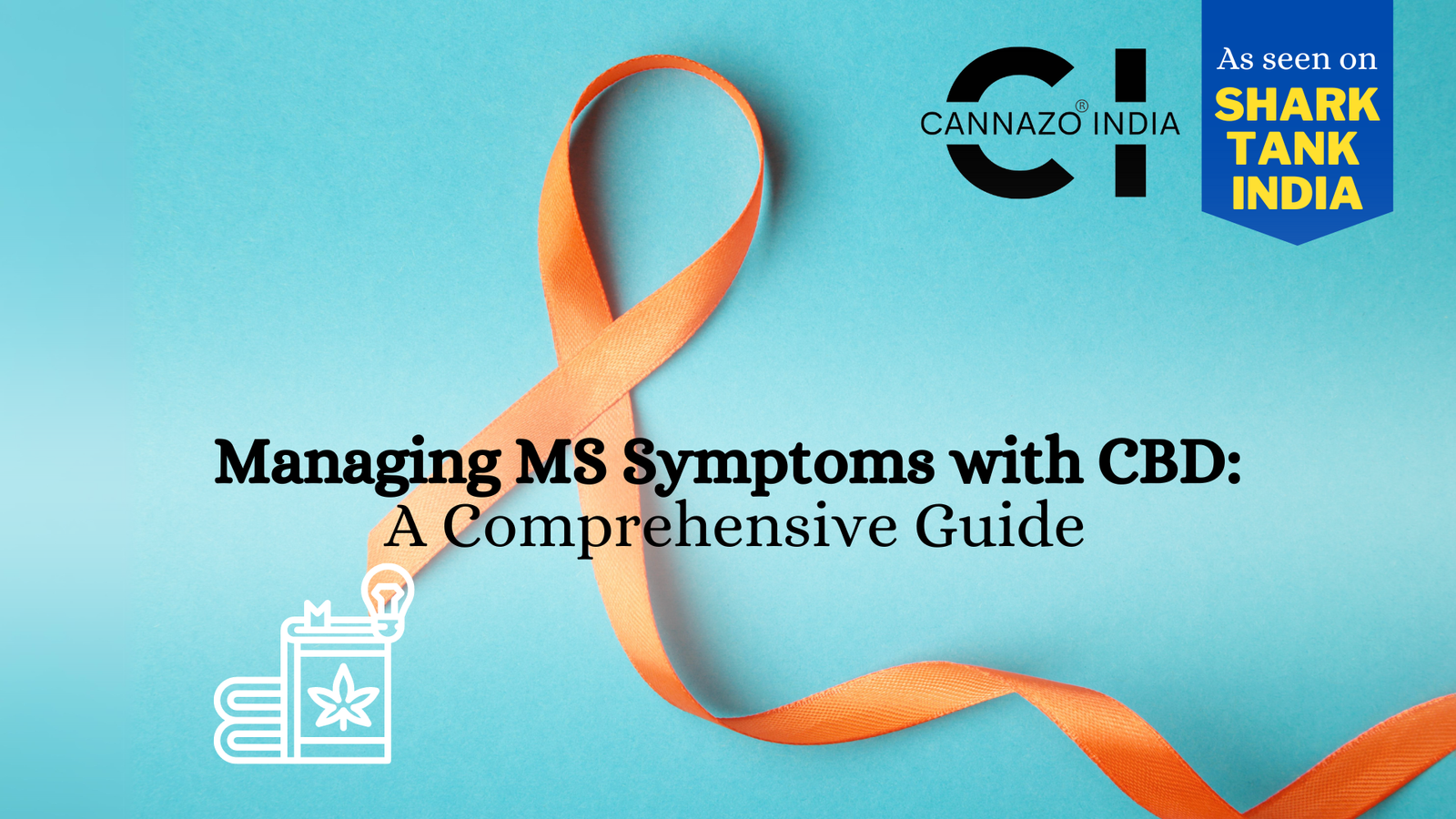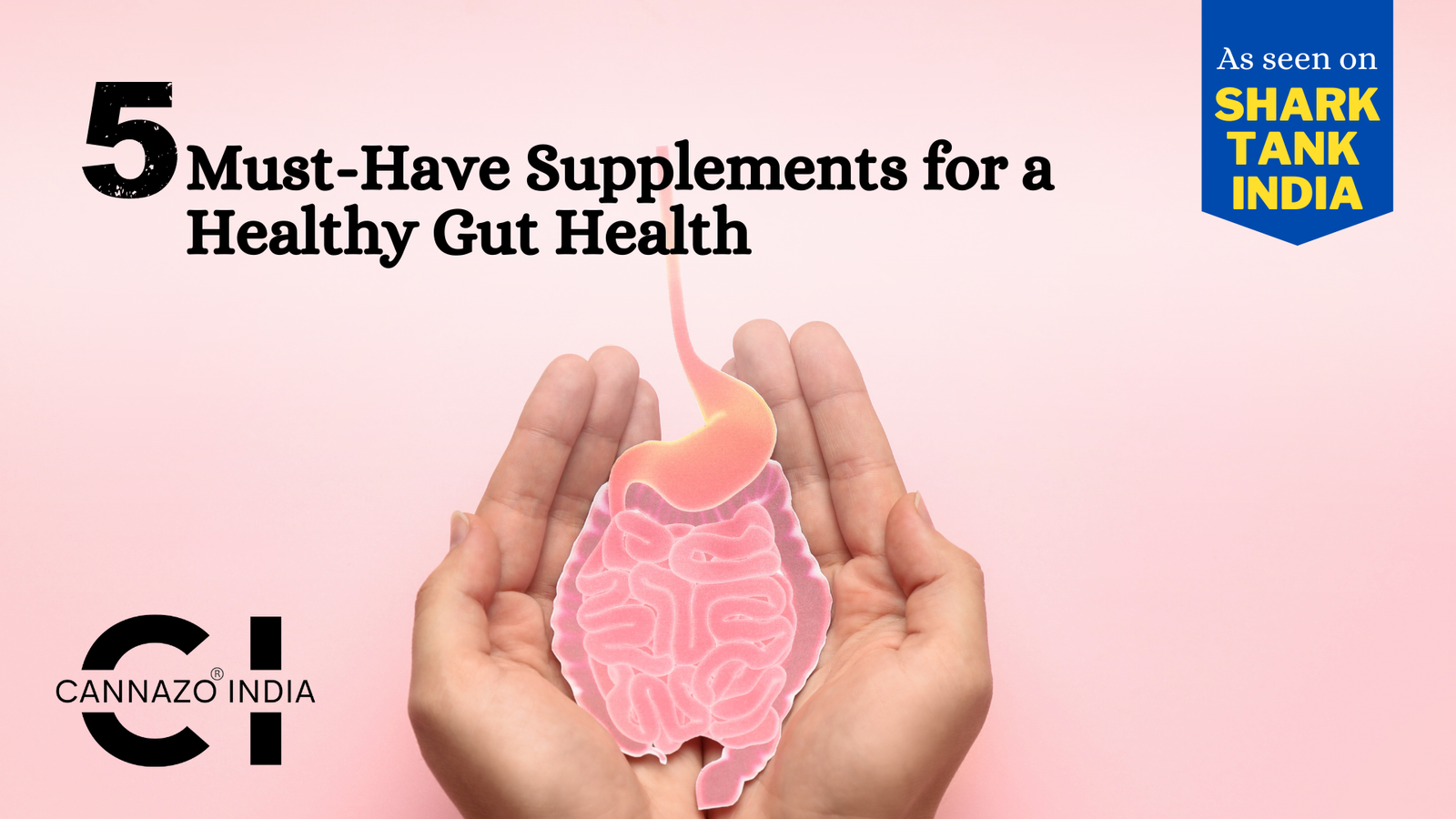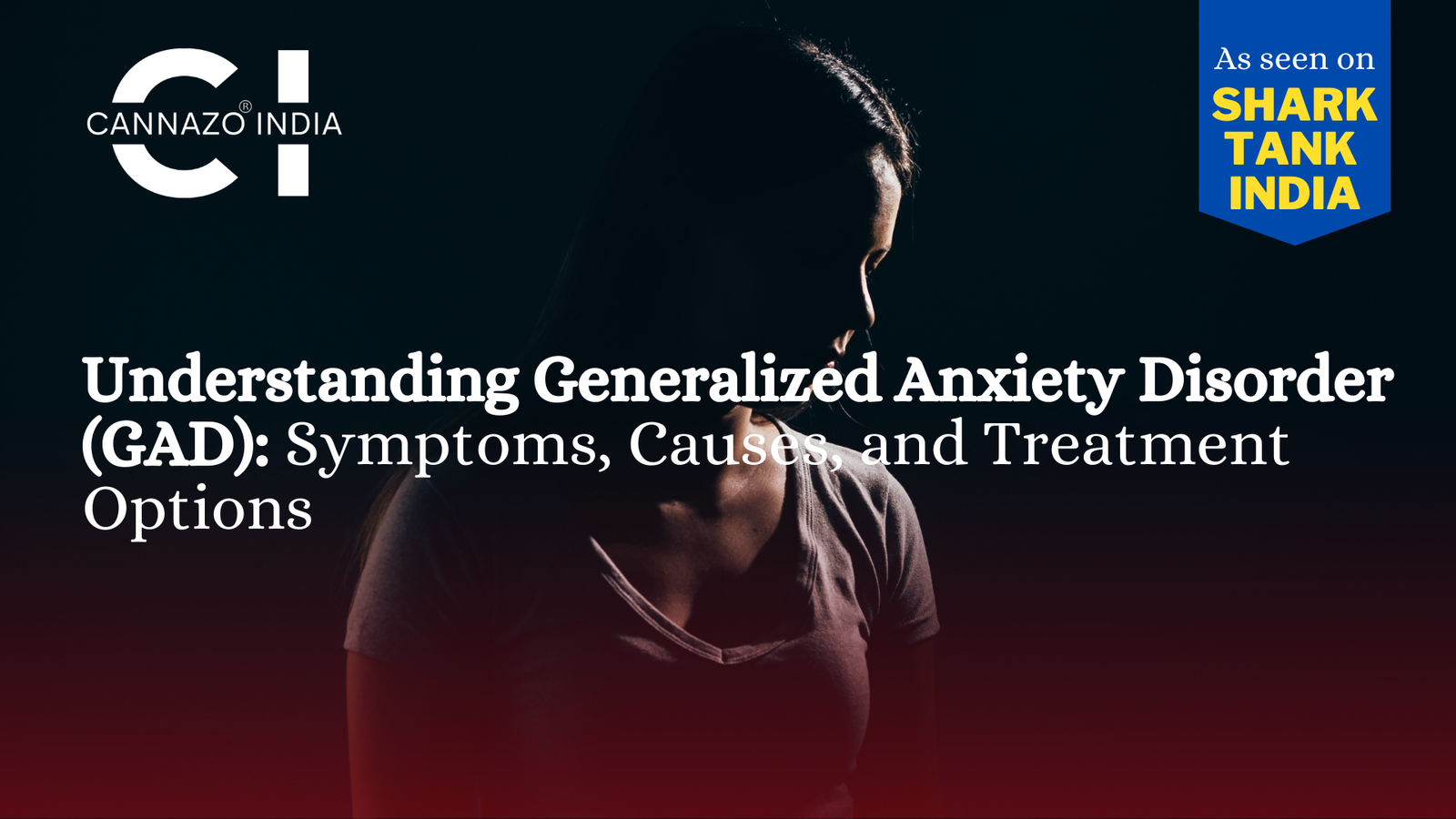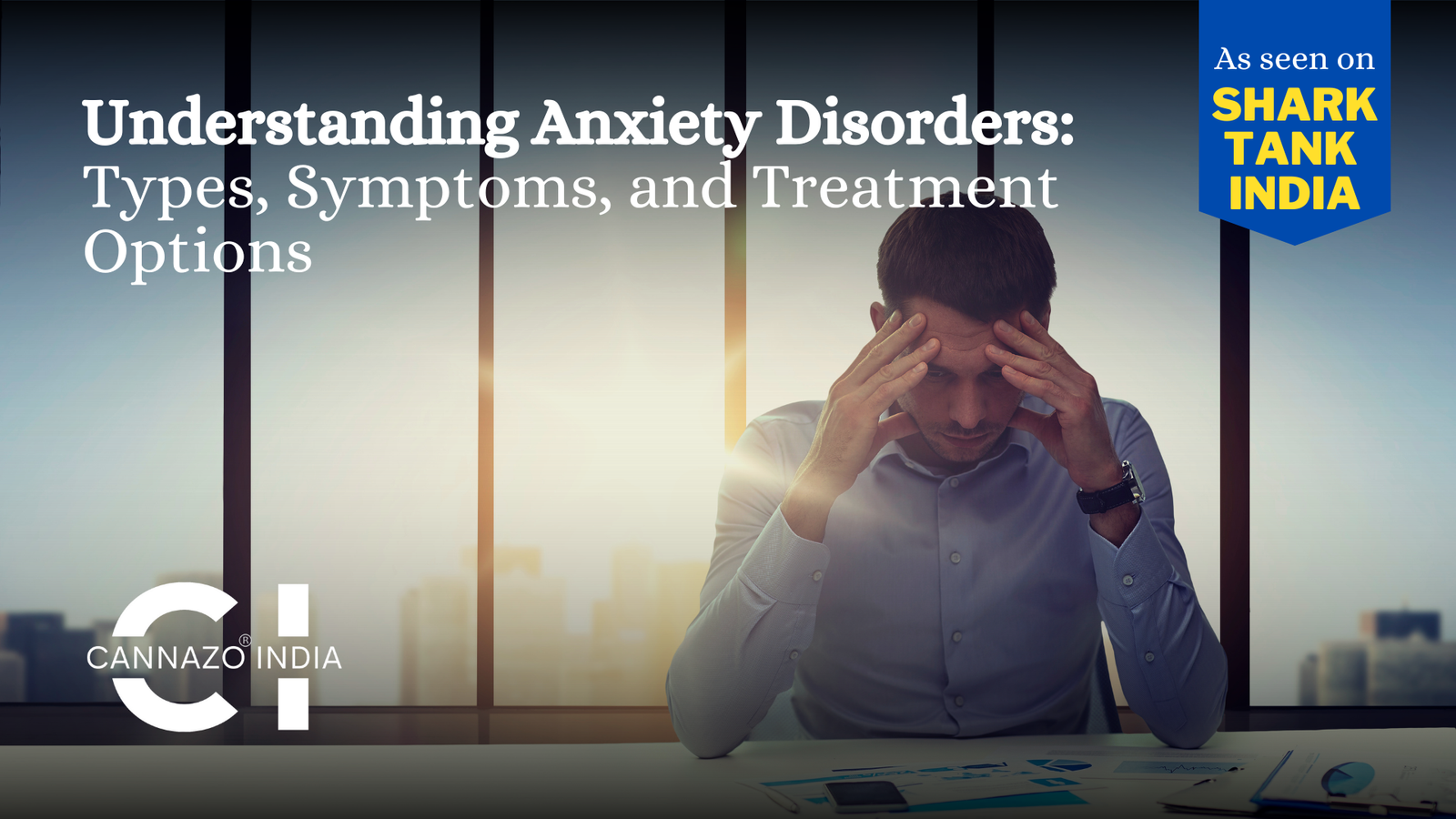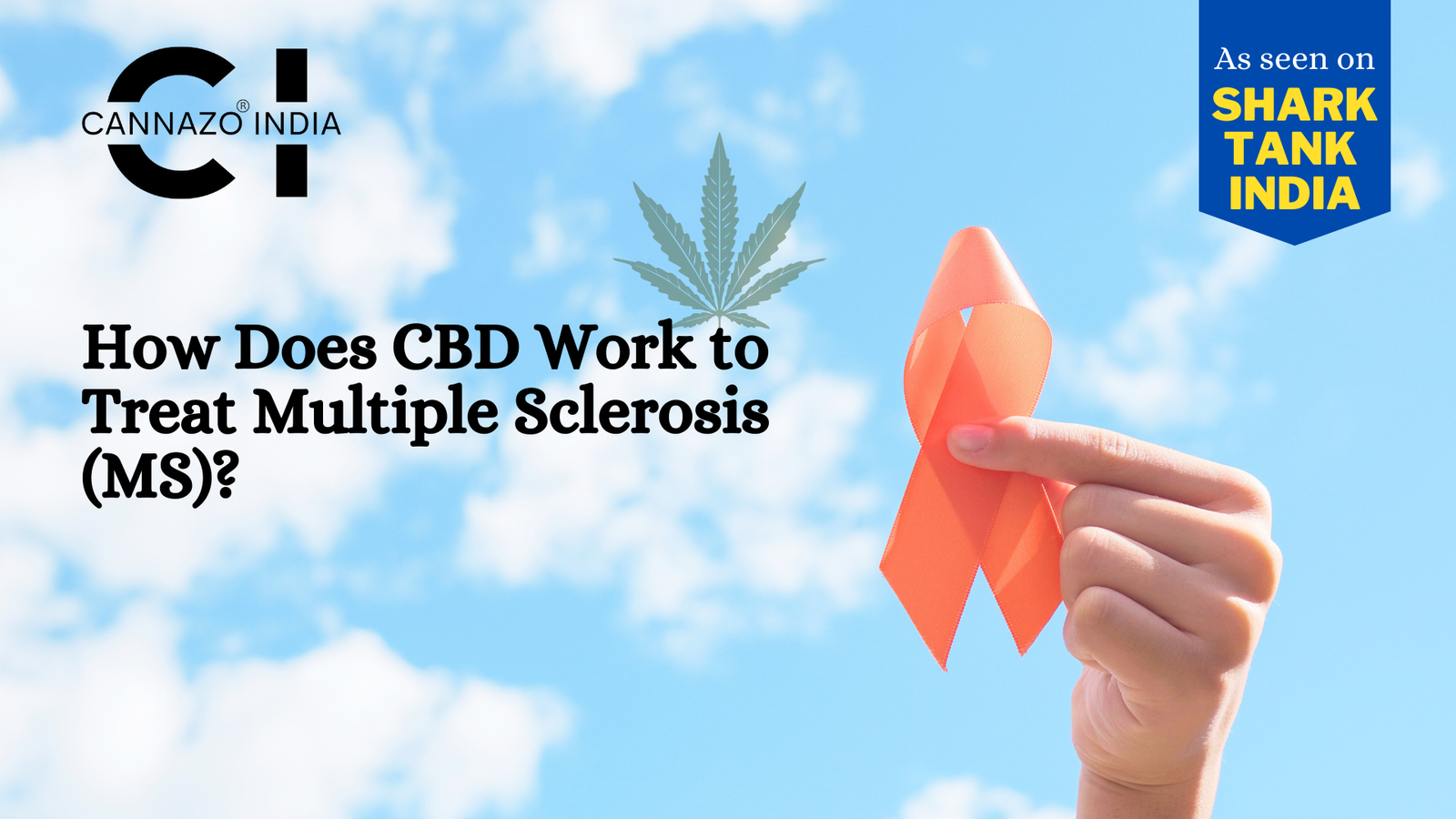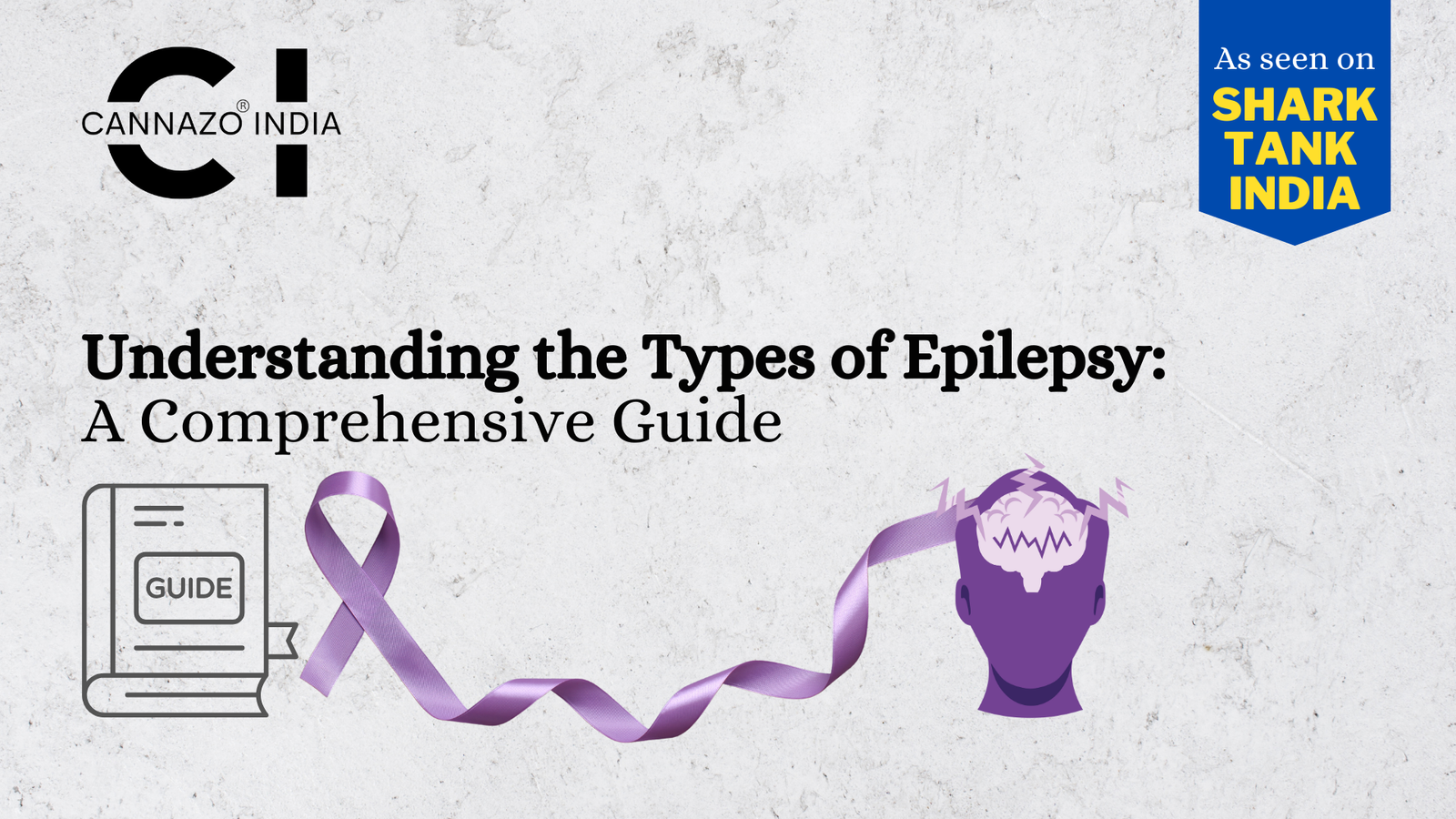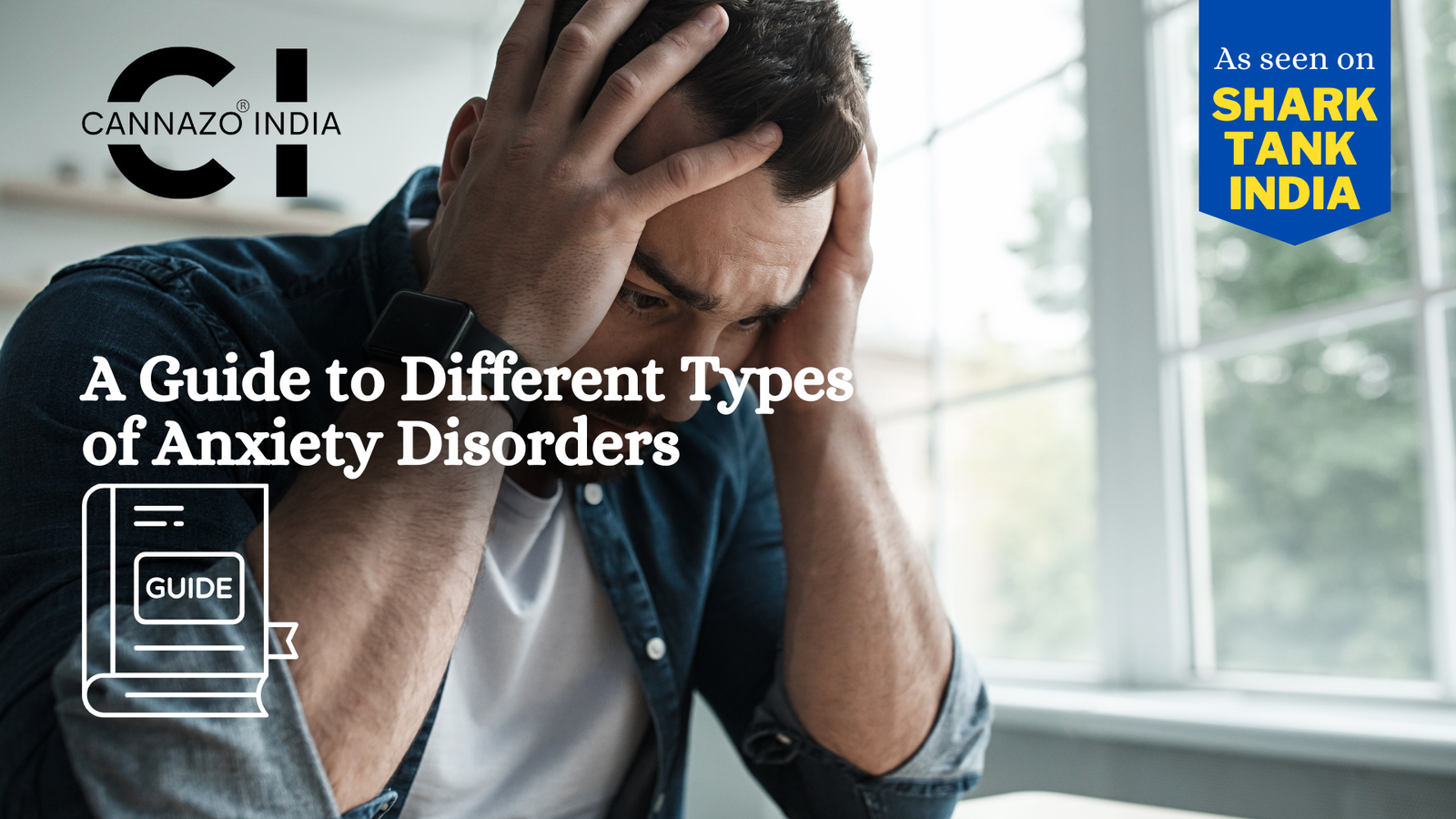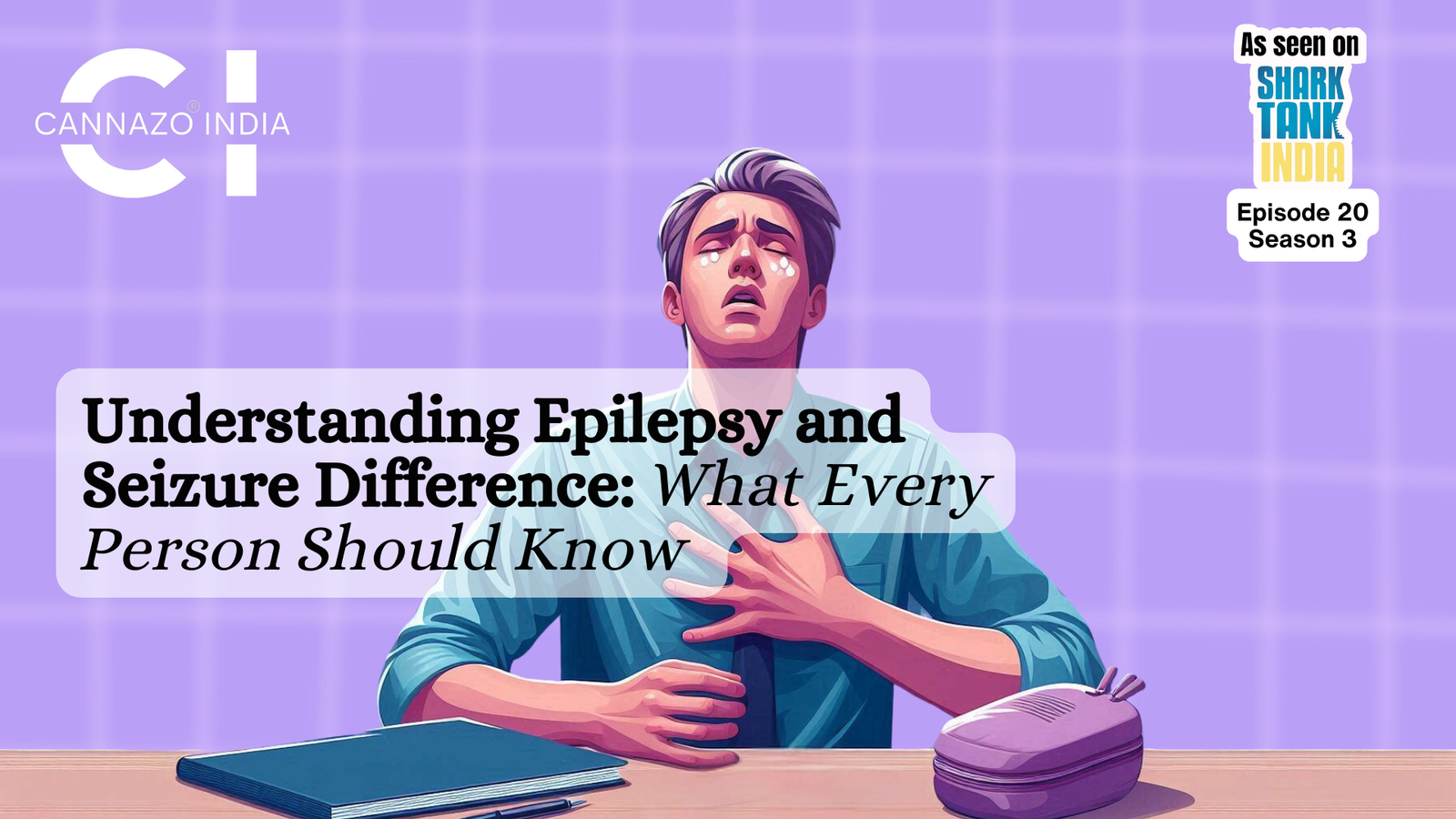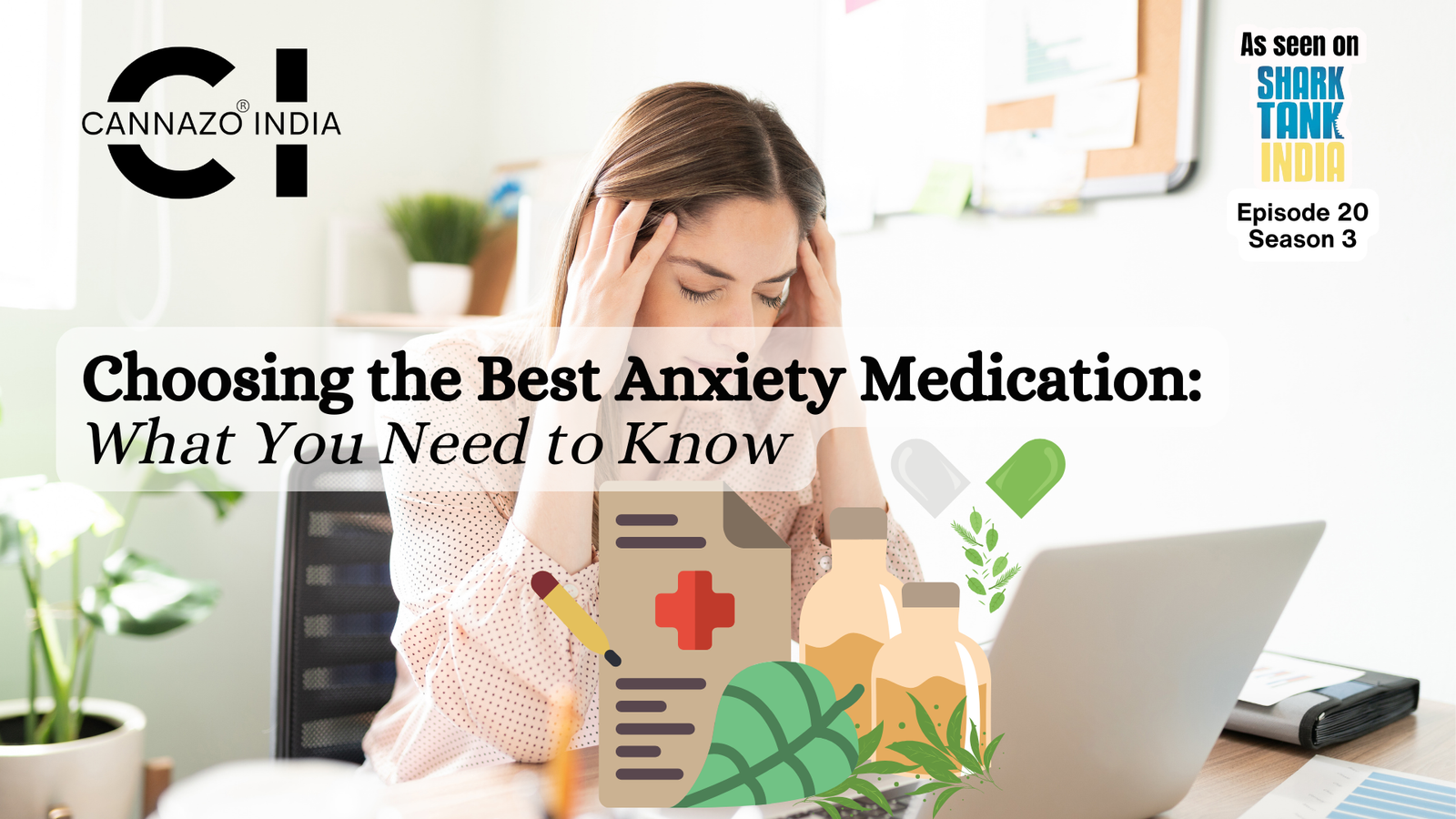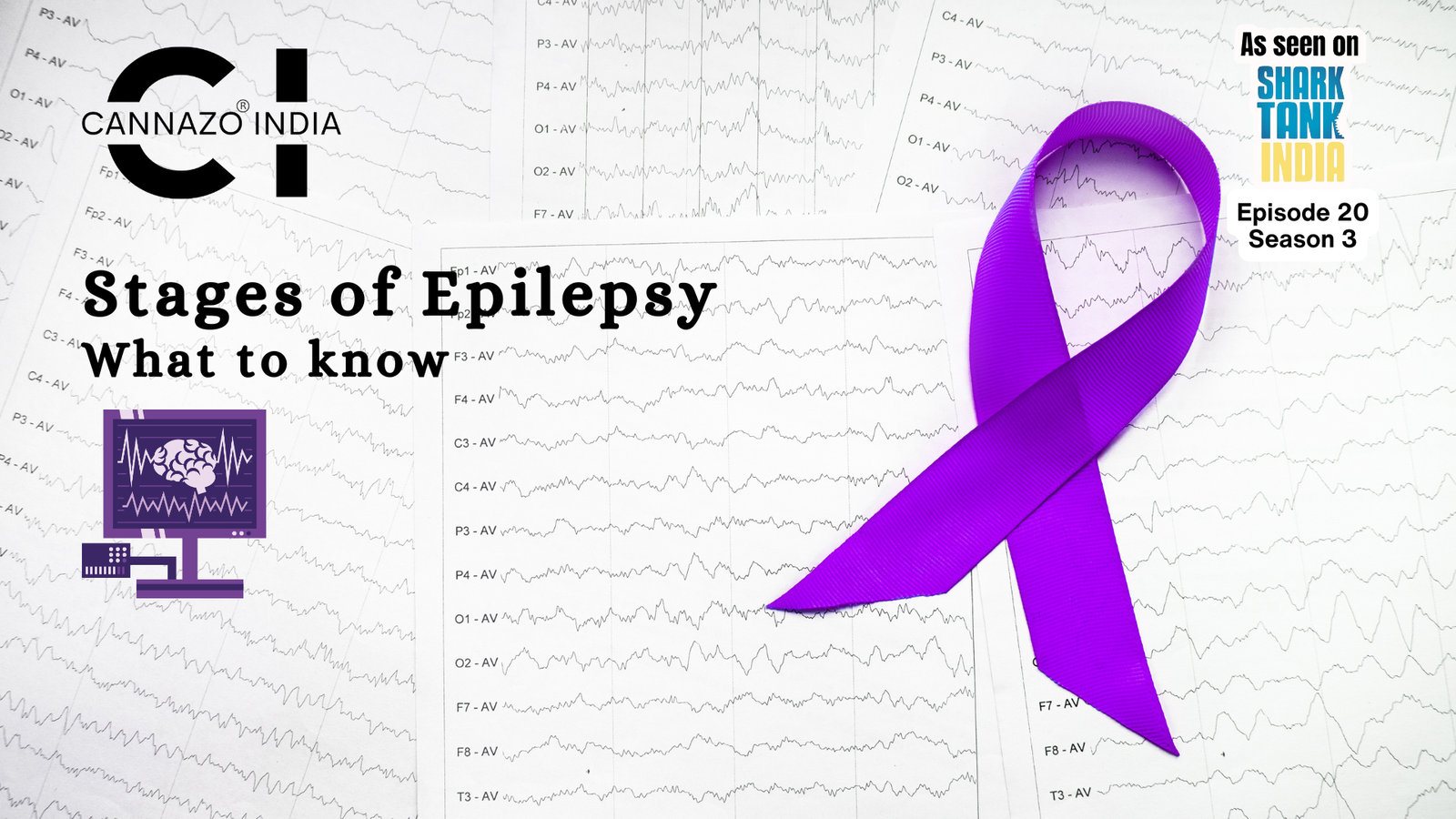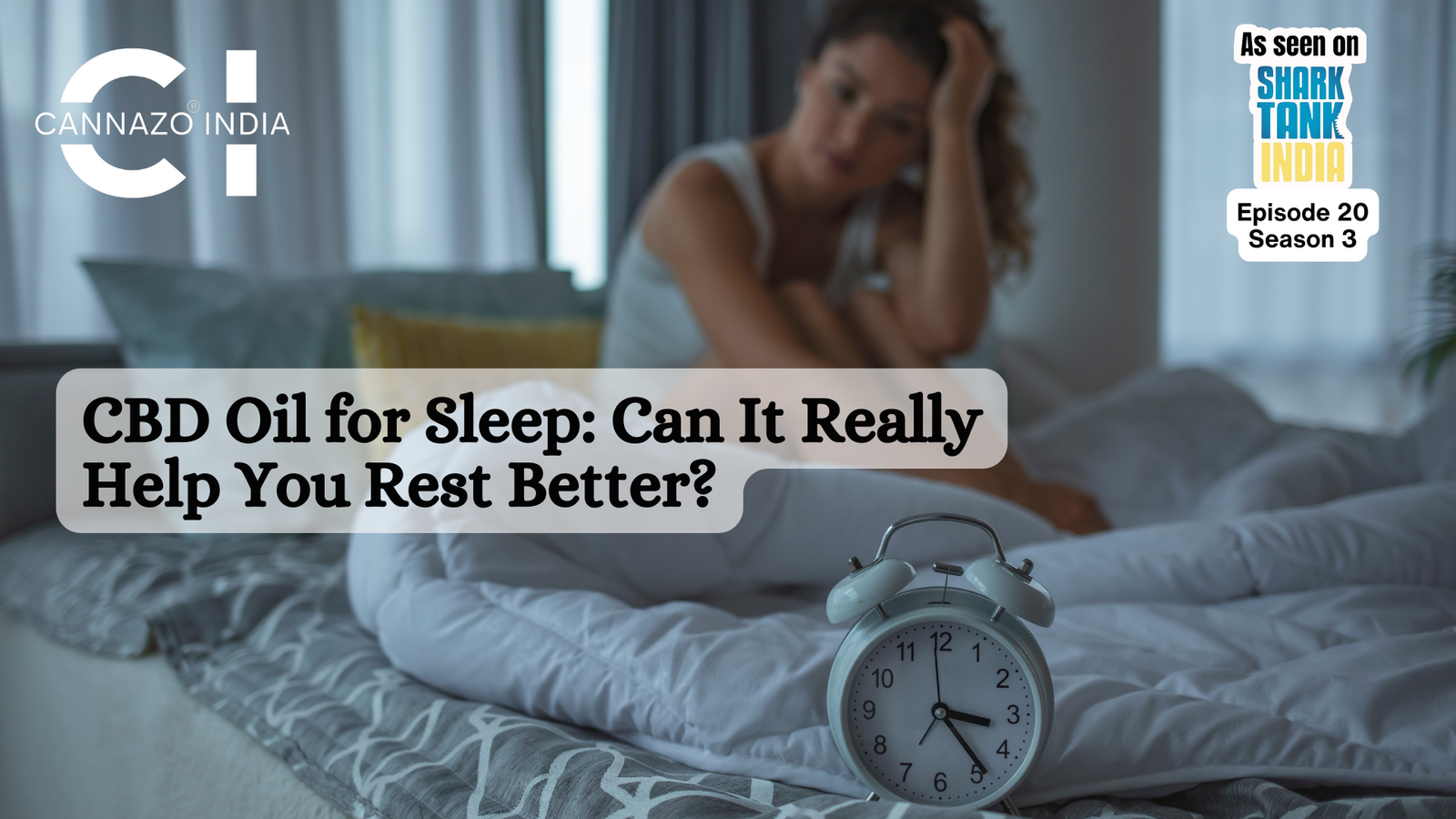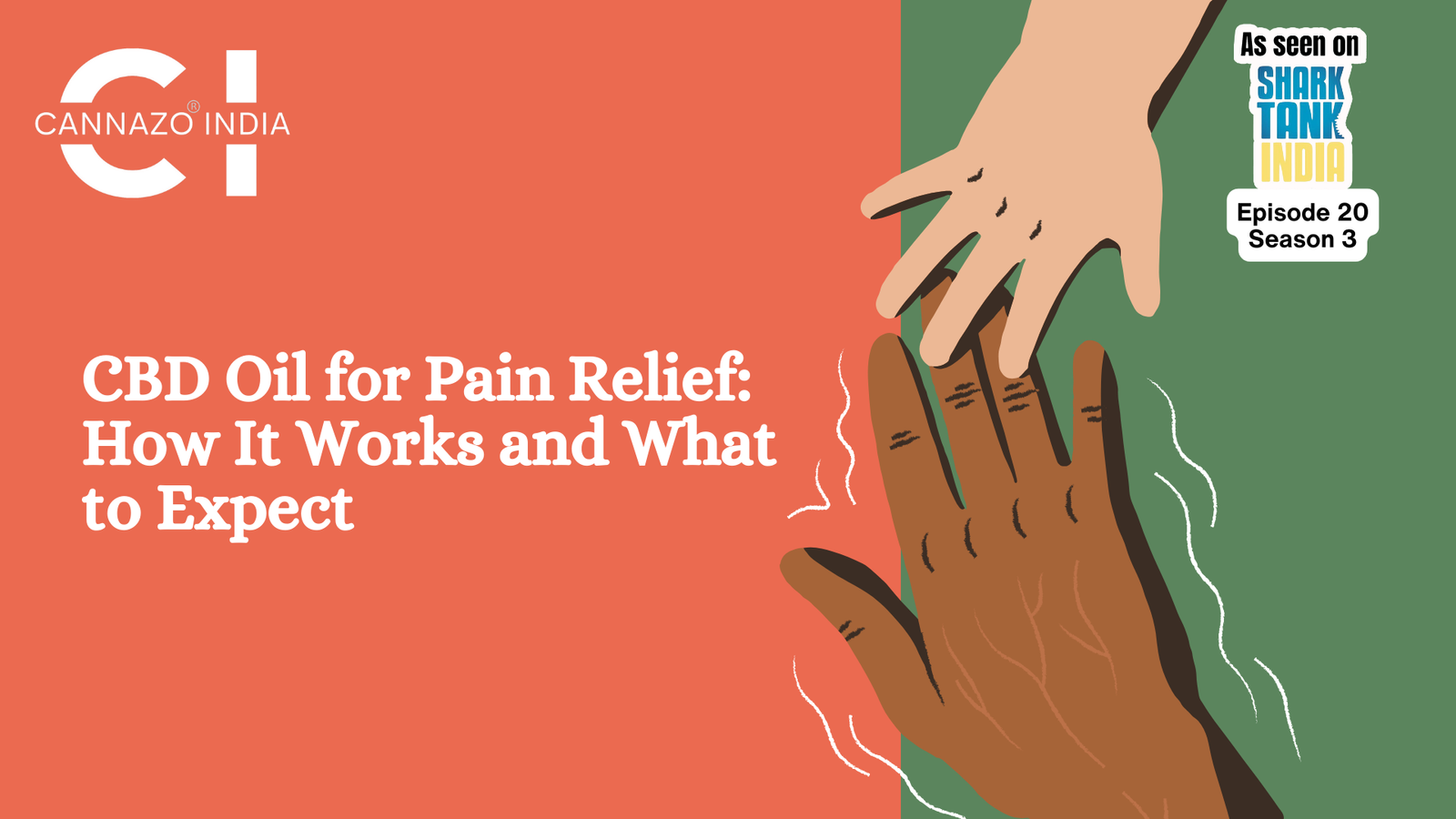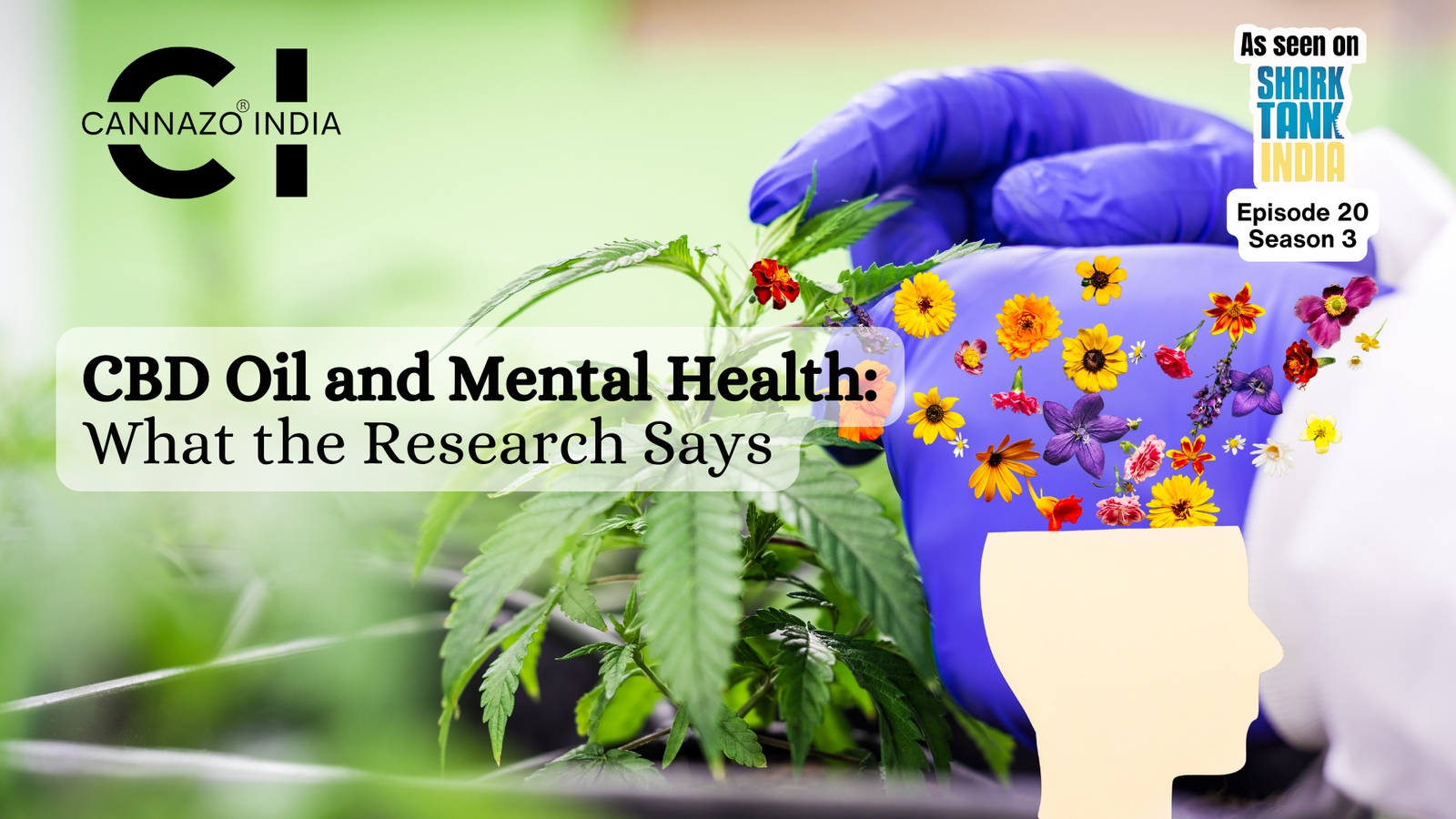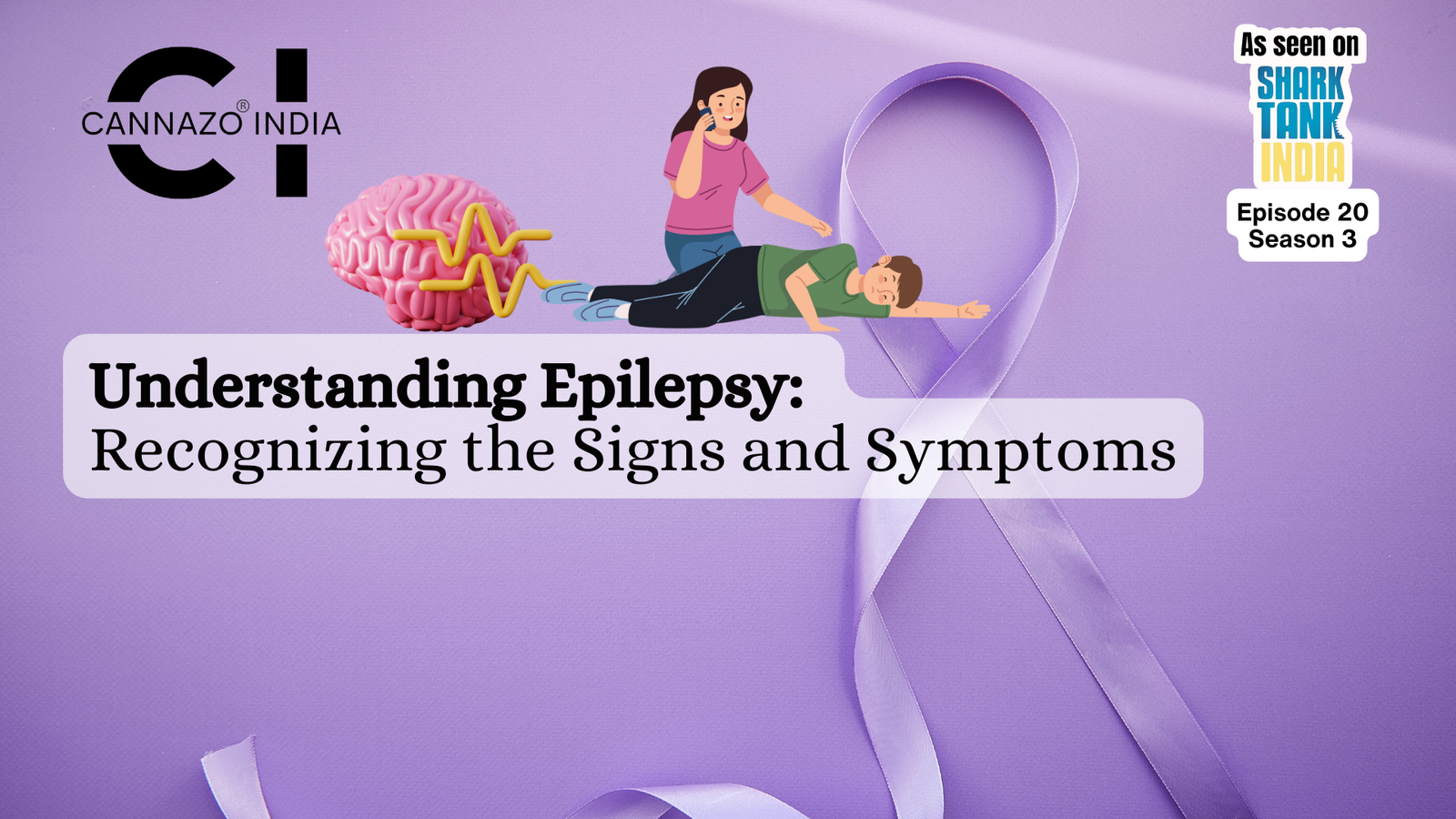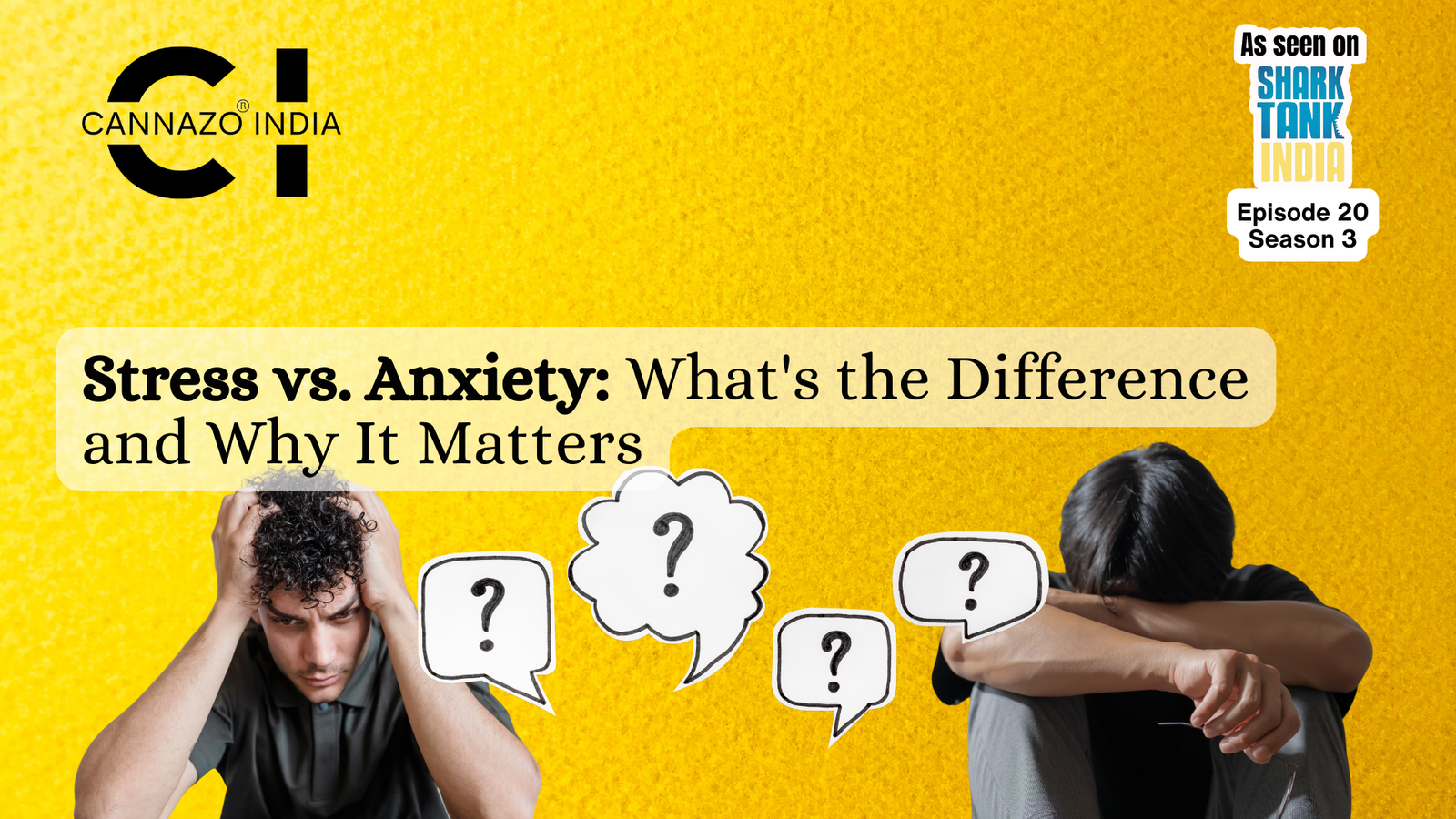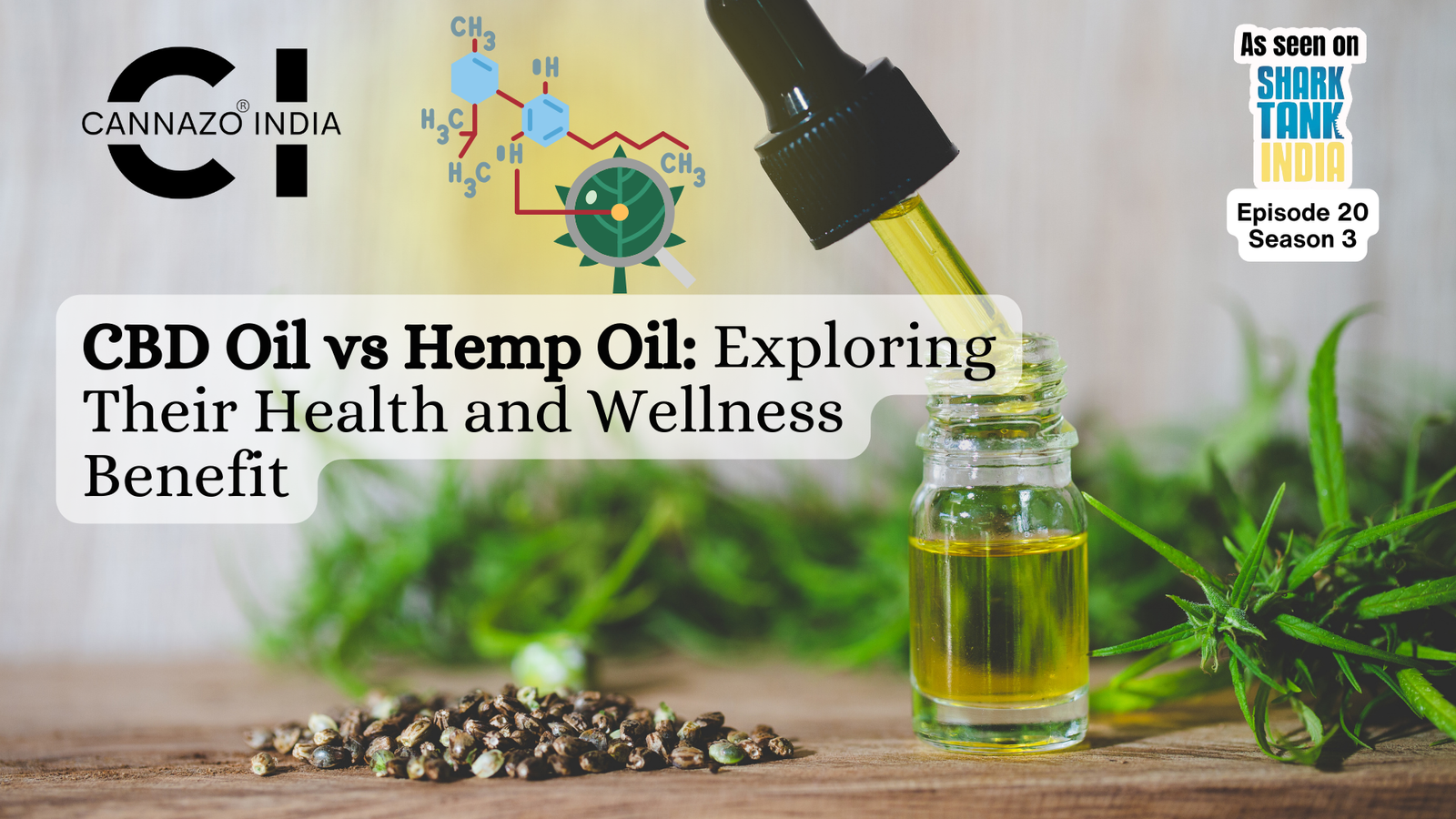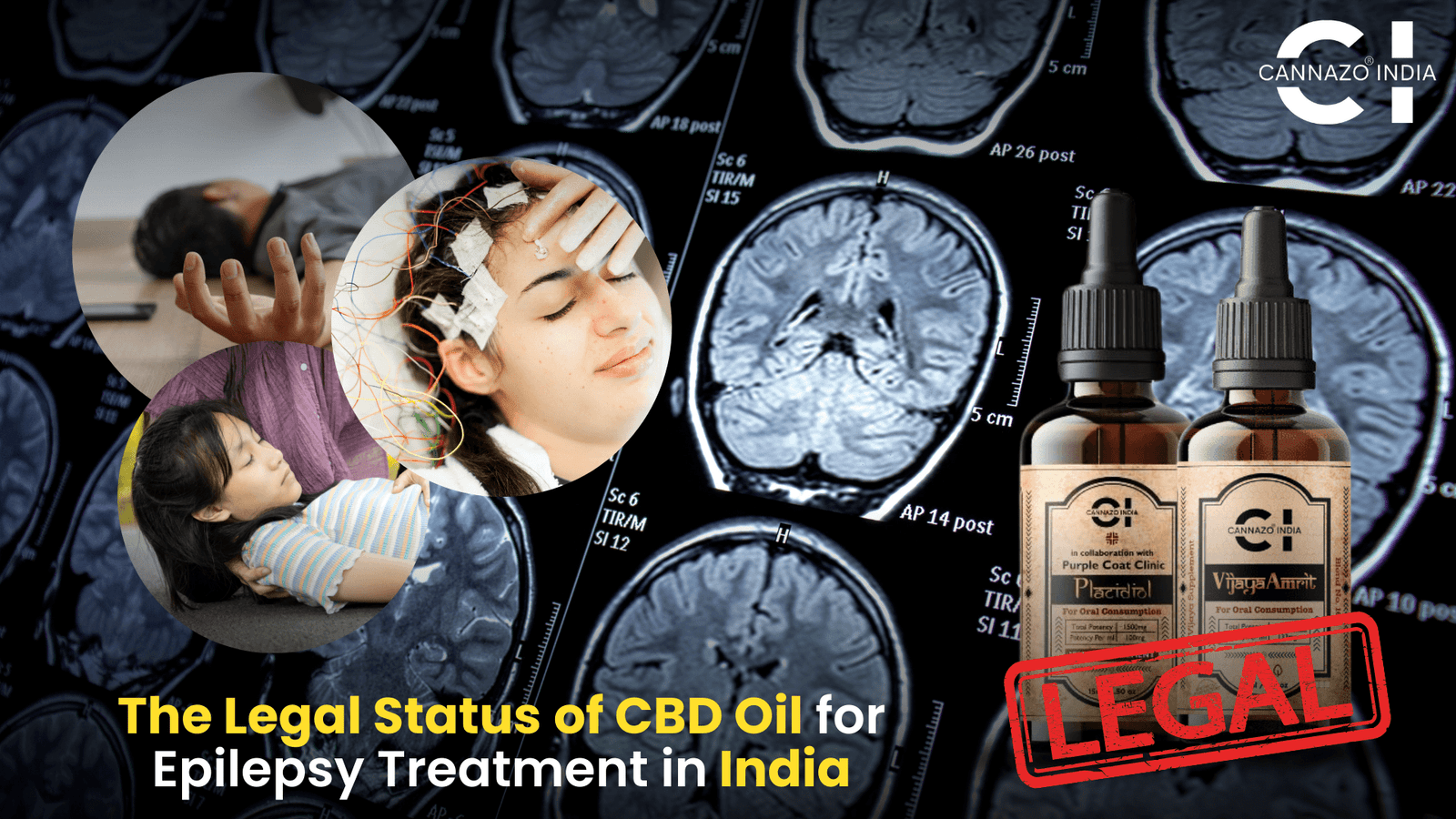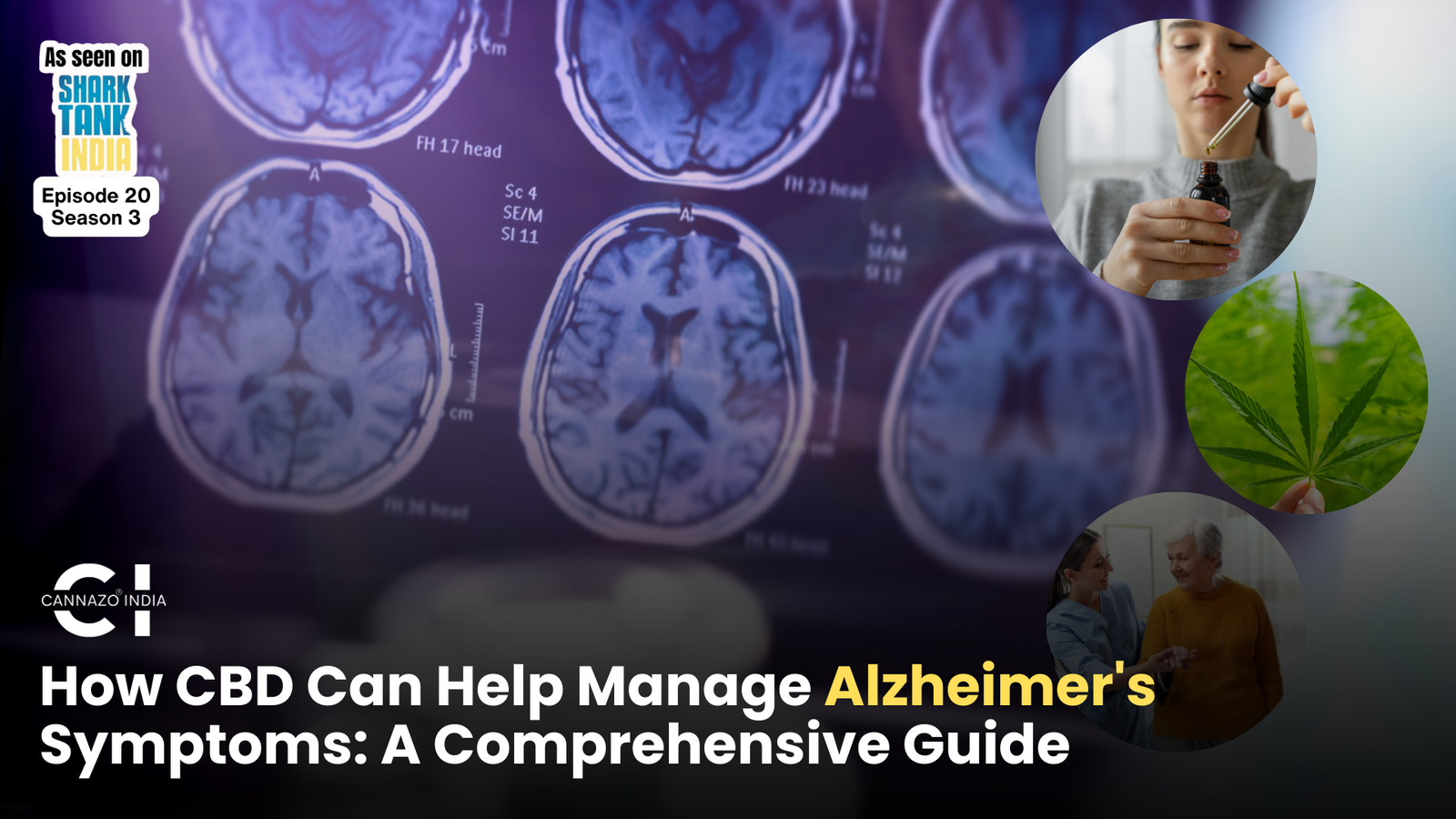Multiple sclerosis (MS) is a disorder where the immune system attacks the neurons of the spinal cord and brain.
Its symptoms include muscle spasticity and stiffness, pain, decreased mobility, disturbed sleep, etc. They affect the quality of life drastically and cause fatigue making it difficult to work as well, with just 20% of American patients diagnosed with MS continuing to work after 10 years.
This article explores MS fatigue and how cannabidiol (CBD) can be used for MS fatigue.
Understanding MS Fatigue
What is MS Fatigue?
Usually, fatigue can be described as tiredness due to excessive physical activity. However, MS fatigue is different. It may be experienced daily with it worsening throughout the day. It can be aggravated by environmental factors like humidity and heat and takes longer to recover from.
MS fatigue can be quantified to provide an idea of the intensity of the pain using questionnaires or scales. Common scales include the Modified Fatigue Impact Scale (MFIS), the Chalder Fatigue Scale, and Krupps’s Fatigue Severity Scale (FSS) which both use a rating scale to answer simple questions about daily fatigue.
Conventional Treatments for MS Fatigue
- MS fatigue can be treated by non-pharmacological or pharmacological approaches.
Non-pharmacological approaches include:
Exercising: Although it might sound counter-intuitive, daily exercise can help improve MS fatigue by building muscle strength.
- Cooling therapy: A 2003 study published in Neurology found that daily cooling therapy for 1 hour improved MS fatigue.
- Cognitive brain therapy (CBT): Another 2008 study published in Psychosomatic Medicine found that CBT significantly decreased Fatigue Scale scores from around 21 to around 10.
Pharmacological approaches include drugs like amantadine, modafinil and armodafinil. Upcoming treatment options for MS include CBD which is a plant-based natural alternative for conventional drugs.
The Science Behind CBD and Fatigue
Leaves of medical cannabis (MC) consist of tetrahydrocannabinol (THC) and cannabidiol (CBD). CBD interacts with cannabinoid (CB) receptors called CB1 and CB2 which are part of the endocannabinoid system (ECS). The ECS plays a role in regulating inflammation, pain, stress, anxiety and fatigue.
How CBD Works in the Body
Research on CBD and MS Fatigue
Since fatigue may be a consequence of other MS symptoms, CBD can help alleviate MS fatigue by managing other symptoms. CBD has the following beneficial effects:
- Reduces muscle spasticity: A clinical study by Patti et al. (2020) published in Neurological Sciences showed that using CBD: THC treatment for 4 weeks decreased the muscle spasticity score by at least 20% in over 60% of the enrolled patients.
- Decreases pain: Safakish et al. (2020) conducted a year-long study published in Pain Medicine wherein they reported that medical cannabis (MC) may decrease headaches, anxiety, fatigue, and nausea in patients with chronic pain.
- Reduces inflammation: In a study, Mecha et al. (2013) tested the efficacy of CBD on virus-induced MS in mice. They observed that the expression of pro-inflammatory cytokines like IL-1β was around 50% lower in CBD-treated mice than mice which didn’t receive the treatment.
Strategies for Using CBD to Boost Energy
Choosing the Right CBD Product
Choosing the right CBD product comes down to the quality, form of administration and formulation. You can consult your doctor when starting a treatment plan. Book a consultation now: https://cannazoindia.com/doctor-consultation/
When checking for quality, it is best to choose reputable brands like Cannazo India whose products are approved by stringent third-party testing.
As for the mode of administration, there are many modes available:
- Sublingual: Prescribed drops of CBD oil are placed under the tongue for around 45 seconds.
- Capsules: CBD oil capsules can be directly ingested.
- Vaporing: CBD oil can be vaporised using vapes for quick effect.
- Inhaling: CBD oils can be heated to inhale the vapours.
- Topical: CBD creams and oils offer a localised effect when applied topically.
Apart from different modes of administration, CBD products are also available in different formulations:
- Full-spectrum: contains all compounds from MC leaves including CBD, THC, flavonoids, etc.
- Broad-spectrum: similar to full-spectrum except THC is absent.
- CBD isolate: contains only CBD.
Incorporating CBD into Your Daily Routine
CBD can be seamlessly incorporated into your routine by adding a few drops of it to your morning coffee or smoothie. CBD oil capsules can be directly ingested during mid-day to relieve built-up fatigue.
It can also be mixed in herbal teas to de-stress and calm the mind in the evenings. Before sleeping, CBD oil may be gently massaged at affected areas or even inhaled to relieve fatigue and improve sleep quality.
Natural Energy-Boosting Strategies
Diet and Nutrition
There is some evidence that diet may help in reducing MS fatigue. Vitamin D may help in managing MS while more research is required for the role of vitamin B12, as reported in a 2017 systematic review in Advances in Nutrition. The review also studied that having fewer meat products, more fruits and vegetables, and healthy fats may play a protective role in MS.
Exercise and Physical Activity
Aerobic exercise has been found to manage MS fatigue (as talked about above). Studies have shown that short-term and long-term like cycling may help improve aerobic fitness along with MS fatigue.
Potential Risks and Considerations
Interactions with Medications
A 2024 systematic review published in Frontiers in Pharmacology found that cannabinoids have been reported to interact with warfarin, tacrolimus, sirolimus and valproate causing adverse reactions like gastrointestinal distress and increased bleeding risk.
Another 2023 review published in the International Journal of Molecular Sciences detailed the interaction of various chemotherapy drugs with CBD and found that some drugs, e.g. carmustine and vinblastine, were more toxic to cells when CBD and the drug were co-administered.
Possible Side Effects of CBD
Although CBD oil is well-tolerated by most people, it is important to monitor and track the following symptoms:
- Dry mouth
- Fatigue
- Appetite and weight changes
- Diarrhoea
- Nausea
These symptoms if seen are usually mild and occur for a short amount of time, however, if they exacerbate or prolong it is important to consult with your doctor immediately.
Conclusion
In summary, MS fatigue is a common symptom of MS which can severely affect the quality of life of patients, making it very important to manage MS fatigue. Many treatment ways are available for MS fatigue, with CBD gaining popularity due to its holistic effect on the body.
References
- Bagur, M. J., Murcia, M. A., Jiménez-Monreal, A. M., Tur, J. A., Bibiloni, M. M., Alonso, G. L., & Martínez-Tomé, M. (2017). Influence of diet in multiple sclerosis: a systematic review. Advances in nutrition, 8(3), 463-472.
- Bishop, M., & Rumrill, P. D. (2015). Multiple sclerosis: Etiology, symptoms, incidence and prevalence, and implications for community living and employment. Work, 52(4), 725-734.
- Braley, T. J., & Chervin, R. D. (2010). Fatigue in multiple sclerosis: mechanisms, evaluation, and treatment. Sleep, 33(8), 1061-1067.
- Buchtova, T., Lukac, D., Skrott, Z., Chroma, K., Bartek, J., & Mistrik, M. (2023). Drug–Drug Interactions of Cannabidiol with Standard-of-Care Chemotherapeutics. International Journal of Molecular Sciences, 24(3), 2885.
- Mecha, M., Feliú, A., Iñigo, P. M., Mestre, L., Carrillo-Salinas, F. J., & Guaza, C. (2013). Cannabidiol provides long-lasting protection against the deleterious effects of inflammation in a viral model of multiple sclerosis: a role for A2A receptors. Neurobiology of disease, 59, 141-150.
- Nachnani, R., Knehans, A., Neighbors, J. D., Kocis, P. T., Lee, T., Tegeler, K., … & Vrana, K. E. (2024). Systematic review of drug-drug interactions of delta-9-tetrahydrocannabinol, cannabidiol, and Cannabis. Frontiers in Pharmacology, 15, 1282831.
- NASA/MS Cooling Study Group*. (2003). A randomized controlled study of the acute and chronic effects of cooling therapy for MS. Neurology, 60(12), 1955-1960.
- Patti, F., Chisari, C. G., Solaro, C., Benedetti, M. D., Berra, E., Bianco, A., … & SA. FE. group. (2020). Effects of THC/CBD oromucosal spray on spasticity-related symptoms in people with multiple sclerosis: results from a retrospective multicenter study. Neurological Sciences, 41, 2905-2913.
- Safakish, R., Ko, G., Salimpour, V., Hendin, B., Sohanpal, I., Loheswaran, G., & Yoon, S. Y. R. (2020). Medical cannabis for the management of pain and quality of life in chronic pain patients: a prospective observational study. Pain Medicine, 21(11), 3073-3086.
- Van Kessel, K., Moss-Morris, R., Willoughby, E., Chalder, T., Johnson, M. H., & Robinson, E. (2008). A randomized controlled trial of cognitive behavior therapy for multiple sclerosis fatigue. Psychosomatic medicine, 70(2), 205-213.





